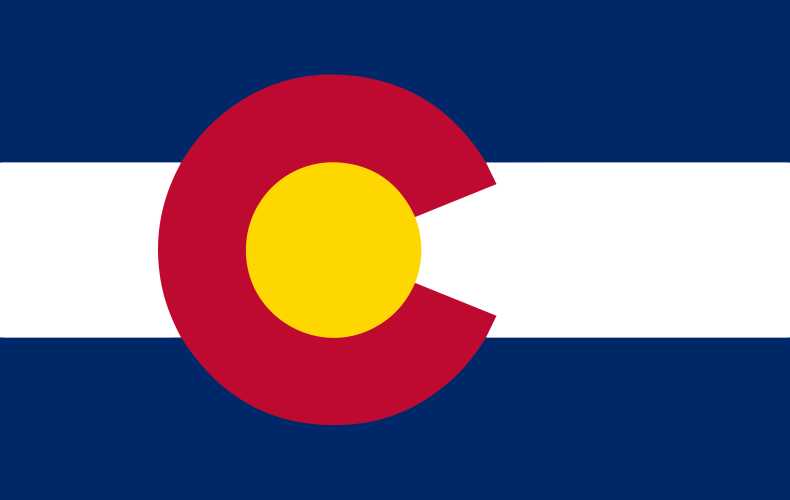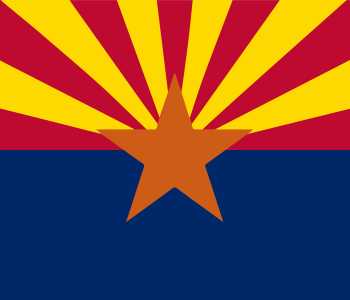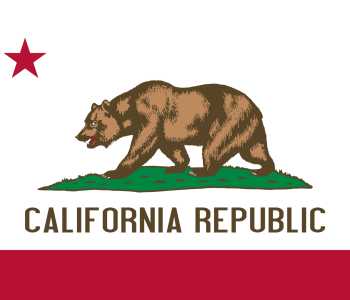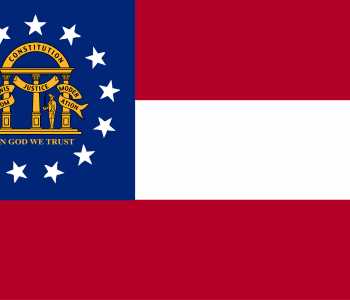Colorado Business License

Are you currently planning on starting a new business in Colorado? There are so many steps to starting a small business in Colorado, but it doesn't have to be a daunting process. With the right business resources, you can breeze through the process of getting your business license and starting your new venture.
From taxes and permits to specialized licenses and choosing your entity, there are many facets to starting your business and getting your business license. Below are our top 10 areas you will need to consider as you start your new business.
1) Colorado Tax Registration
The first step is to register for taxes that relate to services. You may need to pay fees for employee wage withholding as well as use tax and sales taxes. Consider the following different sales tax license categories you might need to register for.
Liquor excise taxes
Cigarette and tobacco taxes
Severance taxes
Fuel excise taxes
It's worth taking a look at the Colorado Department of Revenue website for complete information on requirements for registration. It's also worth stopping by their Revenue Form's collection so you can grab the necessary forms you will need. Familiarize yourself with filing requirements and take the documents that are relevant for your business.
2) Specialized Business Licenses
It's also possible your Colorado business will need specific licenses or permits to conduct business. The costs for each will vary depending on factors like industry.
Consider the following possible licenses that may apply:
Beer and Wine License
Plumbing Permit
Bingo and Raffle License
Colorado.gov holds all the electronic forms and licenses you need. There you will all the necessary information on state licensing requirements on the Permits and Registration Page.
3) Local Permits
It's also possible your business will need permits from your local city or county government. Each of them will have specific requirements that you must understand and comply with to operate. Even a municipality may have a distinctive regulation. Some of the possible permits you may require are listed here for convenience.
Alarm Permits
Building Permits
Business License and Tax Permits
Health Permits
Occupational Permits
Signage Permits
Zoning Permits
4) Incorporation Filing
Incorporation filings for Colorado businesses such as non-profits, limited liability companies, and partnerships need to register with the Colorado Secretary of State. Those applications are available in electronic format on the official page for the Secretary of State.
If you're running a sole proprietorship, you will not have the same requirements to register with the Colorado Secretary of State. In case you're unsure, this type of business is in the owner's name with income flowing directly to that person.
Choosing the best entity for your business is imperative to ensuring the success and financial health of your new start-up. It is also necessary to decide what type of business you want to start before you apply for your business license. Most business licensing applications require this information, so be sure to decide this now to avoid needing to stop and do it later.
5) Doing Business As
If you don't want to use your name in place of your corporate name, you're allowed to select a Trade Name. These records, called "DBAs," will allow you to use the name of your choice instead. Choosing a separate business name helps to keep your personal information separate from your business information.
Search the website for the Secretary of State to find an available name. Make sure that no other entity has the same name. Pick one that is recognizable to your customers.
Employer Requirements
If you are going to have employees, there are several extra steps you will need to take. Below are the five top considerations you should make sure to keep in mind when filing for your business license.
6) Withholding Income Taxes
If you have employees, you'll need to follow the filing process each year in the fourth quarter. You need to maintain all employment records for at least four years, and you need to include the following documentation.
The EIN or employer identification number
Full employee information, this includes their full name, contact information and social security numbers
Copies of tax withholding allowance certificates
Pension payment data
Visit the IRS website to find a list of other items that need to appear in your business records. Follow their recommended record-keeping advice, and you get a few positive benefits. The most obvious is that you can easily monitor your business growth while making future forecasts.
The IRS website has a complete list of all the other items you should keep for your business records. There's a good reason to follow this advice, but it offers several distinct benefits.
For example, you will be capable of monitoring and estimating your business's growth.
7) W-4 and W-2 Forms
As an employer in the state, you'll have to request that each of your employees provides you with a complete Form W-4, which is their tax withholding exemption certificate. Once those forms are in your possession, you may send them along to the IRS for processing.
As an employer in the state of Colorado, you must also send all copies of Form W-2 to the Social Security Administration. This crucial document contains the withheld tax amount and all paid wage amount for all company employees. This has to be sent by mail the last week of January. Electronic submissions are an option until the last week of March. Make sure all your employees have their W-2 during January.
It's worth reading up on the information about filing W-2 and W-4 forms before attempting to use them. There's a lot of information on the official page to assist you with research.
Visit the Employer W-2 Filing Instructions and Information page on the official Social Security web page.
You should also understand the Internal Revenue Service's Employer Tax Guide.
8) Employee Eligibility Verification (Form I-9)
All new hires in Colorado must complete Form I-9 and get it back to their new employer three days after starting their job. This form provides the official documentation that proves the worker is eligible to work in the U.S. The employer must also keep a duplicate of the document
for future reference.
You can find Form I-9 at the United States Citizenship and Immigration Services official website.
9) New Hire Reporting
When you add a new employee, report the activity to the State Directory of New Hires within the first 20 days of employment. This job is the responsibility of all employers. You'll need to keep a complete record of the worker, including their full address, name, and social security number. You must also provide your EIN and payroll address. You can find the information you need at the page to submit to electronically on the State's New Hire Reporting Page.
10) Insurance Requirements
If you have to hire employees to run your business, you must also pay the unemployment tax and worker's compensation taxes for Colorado.
The worker's compensation in Colorado is a tax that helps workers in the state who suffer from illness or injuries due to an issue at work. You can learn more about the program by visiting the Employers and Insurers page.
The unemployment insurance tax helps provide necessary financial aid for the people who can work but cannot find a job. You can find out about that program at the Unemployment Premium Over Page.
Conclusion
In general business owners do not like the business end of their new start-up. You have a passion and you want to share your craft with the world - or at least with your little slice of the state of Colorado. From Denver to Boulder, Colorado is a great place to start your dream business.
However, avoid the nightmare of legal fees and unpaid taxes. With the right business and legal structure, your new business can remain your dream business. As you start the process of obtaining your state business license, use this article as a resource to ensure you don't miss a crucial step.
There are many resources available to you as a new small business. From the chamber of commerce to the small business development center, be sure to use all your resources and get your business off to the right start with a Colorado business license.
test FAQ
Do I need a Colorado state business license to do business?
Colorado does not have either a general or state license for business. Different state agencies can issue licenses for different types of business, professions, or activities. Most business licenses can be obtained in the city where your business is situated.
How can I find out what specialty license is right for me?
Colorado offers a variety of specialty and professional licenses. Each agency has its own requirements and license/permit requirements. The Colorado state website has resources that can be found online for Colorado businesses.
What are the steps to take in order to get my business application started?
Before starting your business, you should register your business name and entity (type of business) with the Colorado Secretary of State either online www.sos.state.co.us/pubs/business/main.htm or by calling 303-894-2200. A Federal or State Tax ID number should be applied for.
Do I need a business license from the city or county?
Each city has its own application for a business license. A Sales and Use Tax License may also be used to refer to city licensing. Before your business can operate, it may be necessary to obtain approval from the Building and Zoning Department. To operate, you will need to check with the local county and city.






